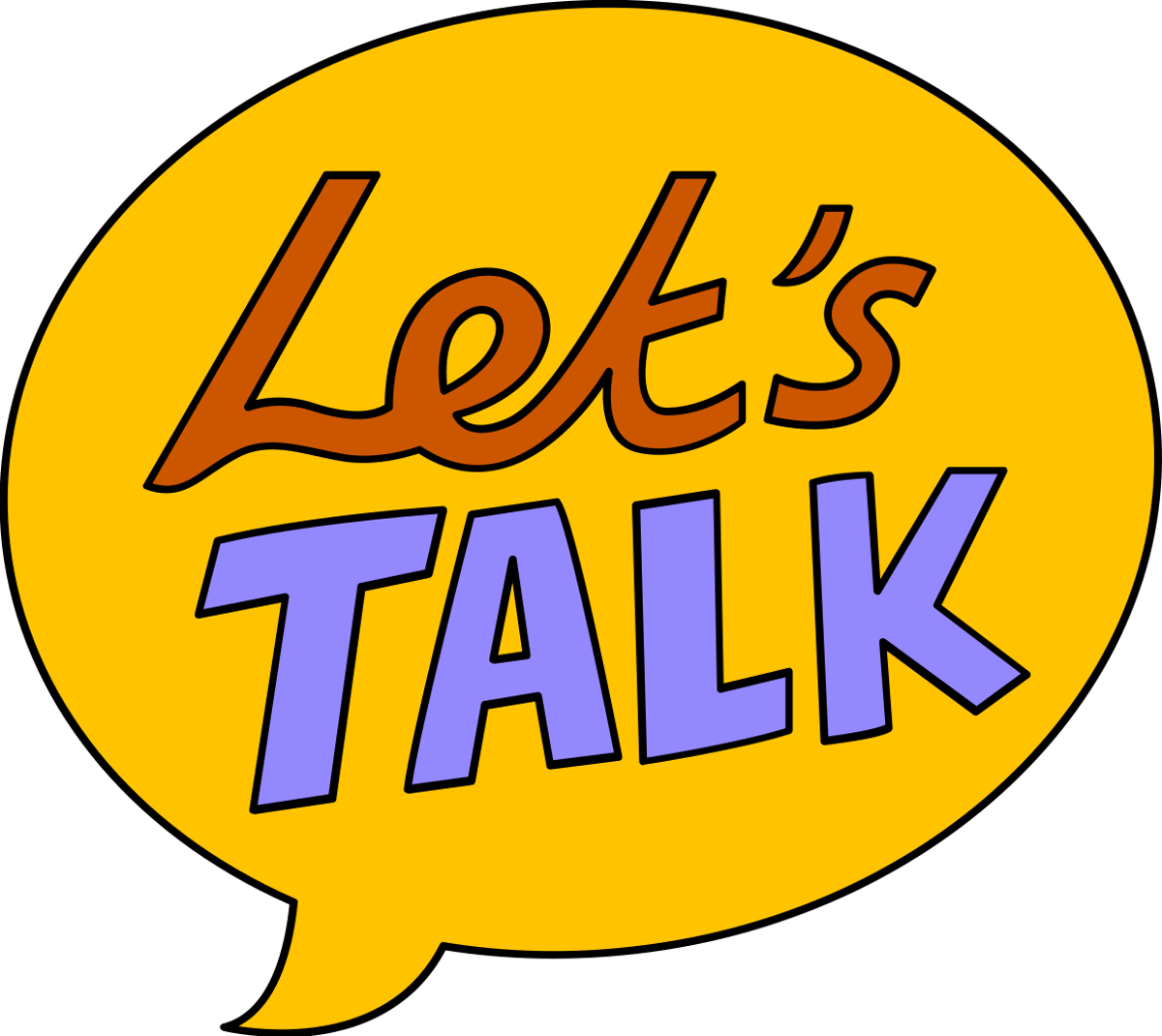Treatments for menopause
-
Menopause symptoms are often treated with hormone therapy.
Some alternative therapies may reduce the symptoms of menopause — but studies often provide conflicting evidence on their effectiveness.
-
-
How do you treat menopause?
-
Menopause hormone therapy (MHT) is an effective treatment for menopause. At menopause, your hormone levels can drop or become unstable. MHT replaces the oestrogen — and sometimes the progesterone — that your body is now producing very little of.
The MHT prescribed at menopause is very similar to the hormone replacement therapy (HRT) prescribed to many trans women and trans femmes — who also produce very little oestrogen and progesterone. HRT comes as pills, creams, or patches. If you’ve had a hysterectomy, you don’t need progesterone — but you can use oestrogen. If you have a uterus, it’s important that you use both oestrogen and progesterone for your MHT.
If you want to talk about starting menopause treatment with us, including hormone therapy, you have two options.
Make an appointment with Sexual Wellbeing Aotearoa
You can make an appointment with Sexual Wellbeing Aotearoa by calling us on 07 810 6610.
Note that these appointments are in high demand and there is a wait time to be seen. Standard appointment fees apply.
Make an appointment with Menopause Wellbeing
Another option is to look at Menopause Wellbeing, our newly launched online clinic.
You can book your Menopause Wellbeing appointment online or call us on 07 810 6823. Note that private charges apply for this clinic.
-
-
Can self-care help with menopause?
-
There’s some self care you can do that may help with menopause symptoms:
- Relaxation and stress relief techniques — like mindfulness exercises
- Regular exercise and keeping fit — this is really important for bone health
- Eating a healthy diet with plenty of protein, fruit, and vegetables
- Stopping smoking
- Getting more sleep
- Talk therapy or counselling
-
-
Can you use alternative remedies to treat menopause?
-
There are a number of alternative therapies that might help with the symptoms of menopause. There is not a lot of evidence or scientific information available on the safety or effectiveness of alternative menopause treatments. We don’t know a lot about the safety of those alternatives — especially in the long-term.
It’s a good idea to talk to a medical professional before beginning any alternative therapies.
These are a few common alternative remedies:
- Black cohosh — a herb that you can get from some herbalists, health food shops, and pharmacies. A few small studies have shown that black cohosh is effective at reducing hot flushes and night sweats. A Cochrane review of all research on black cohosh has found that black cohosh is no more effective than a placebo
- Phytoestrogens — plant hormones found in some foods and supplements. Phytoestrogens are similar to oestrogens — but not identical. There is some evidence that foods containing phytoestrogens or phytoestrogen supplements may help with hot flushes — but this not supported by all studies. Long-term safety has not been studied
- Natural progesterone creams — these are widely advertised for menopausal symptoms, but there are only a small number of studies that even look at their effect on hot flushes. Some studies show that natural progesterone creams can help with hot flushes — but others show that it doesn’t have any measurable effect. You need a prescription for natural progesterone creams
Some people say that the following alternative therapies have helped them — this claim is supported by some studies:
- St John’s Wort — may help with mild depression and mood swings. St John’s wort cannot be used at the same time as many common medications, such as: the oral contraceptive pill, or many anxiety and depression medicines
- Ginkgo Biloba — used to treat short-term memory loss, slow reaction time, energy levels, and concentration
- Acupuncture — a popular treatment for many health issues, including hot flushes
-
-
How do you manage hot flushes?
-
These are few ways you can manage hot flushes:
- Avoid tight clothes, and try to wear natural fabrics
- Eat less spicy food and decrease or avoid hot drinks
- Use cotton sheets
- If you share a bed with someone, it can be good idea to have your own blankets — so you can stay cool when they need to keep warm
If you know people who have been through menopause — most people with a uterus over the age of 50 — see if they have any advice for you. Menopause is normal, and lots of people will be able to give you useful tips.
-
-
How do you deal with painful sex at menopause?
-
Many people produce less self-lubrication after menopause. If you are not used to using additional lubrication during sex, this can mean sex suddenly becomes painful or uncomfortable. Vaginal oestrogen cream — a kind of topical MHT — is really helpful. You can get vaginal oestrogen cream with a prescription from us. Vaginal moisturisers, and water-based lubes, are also really helpful.
You can buy vaginal moisturisers and water-based lubes from our web shop.
-
-
